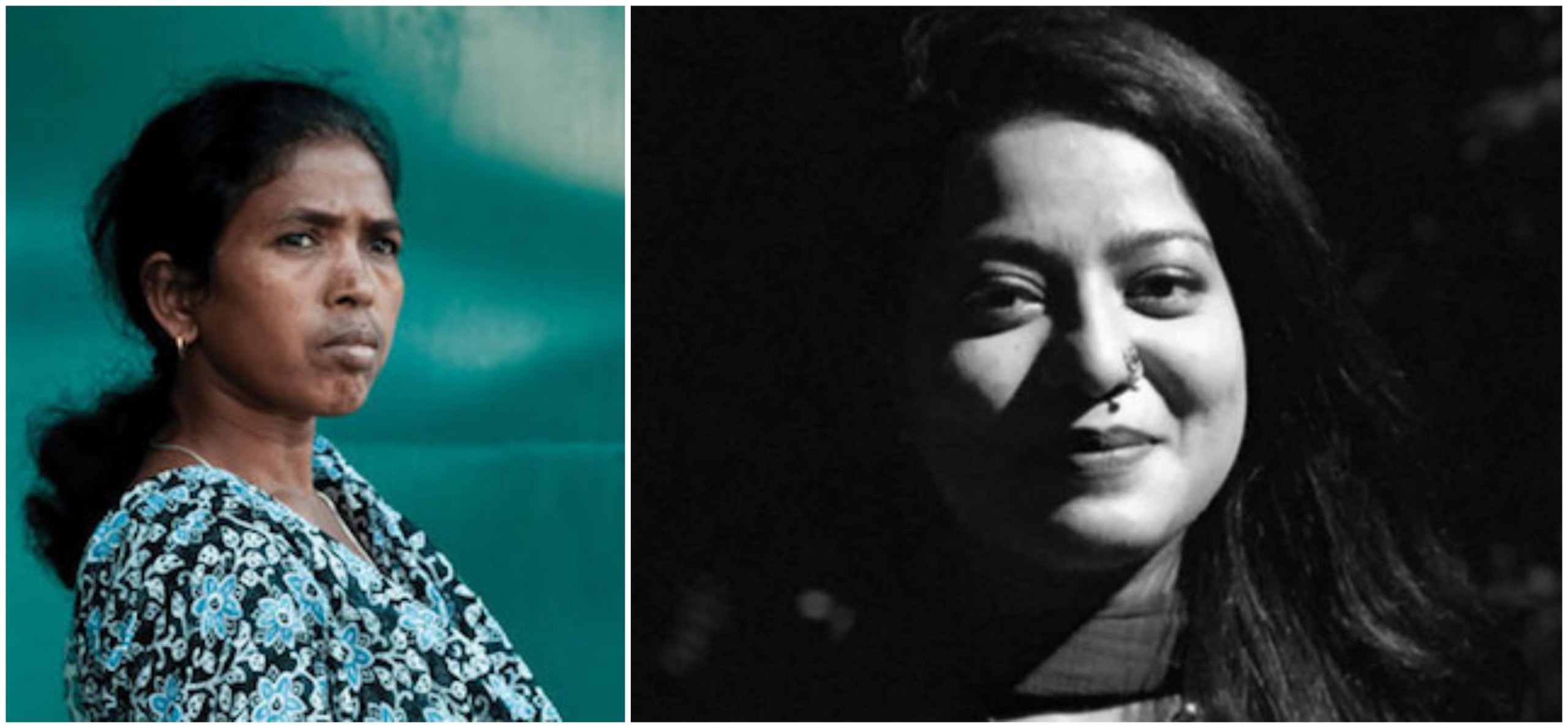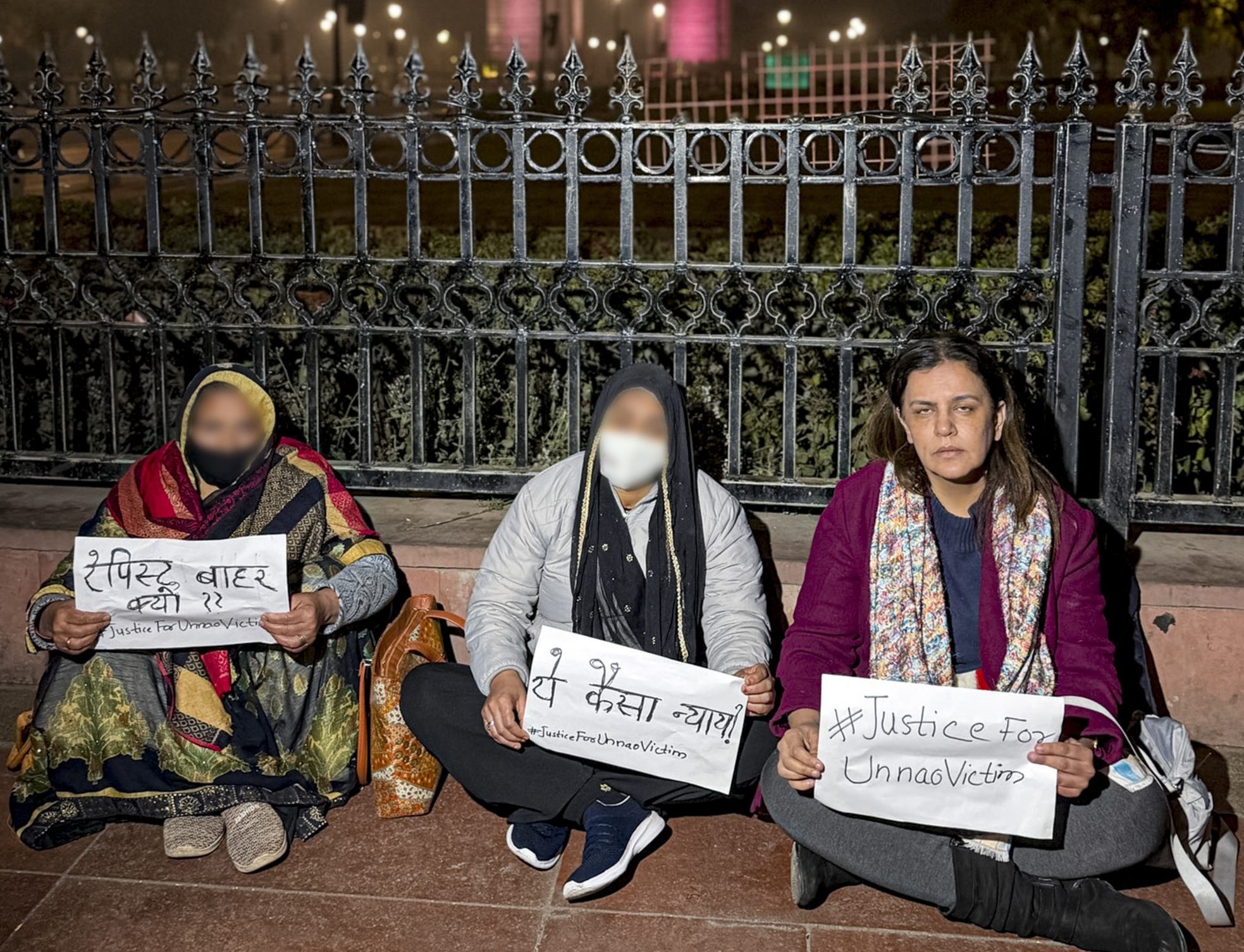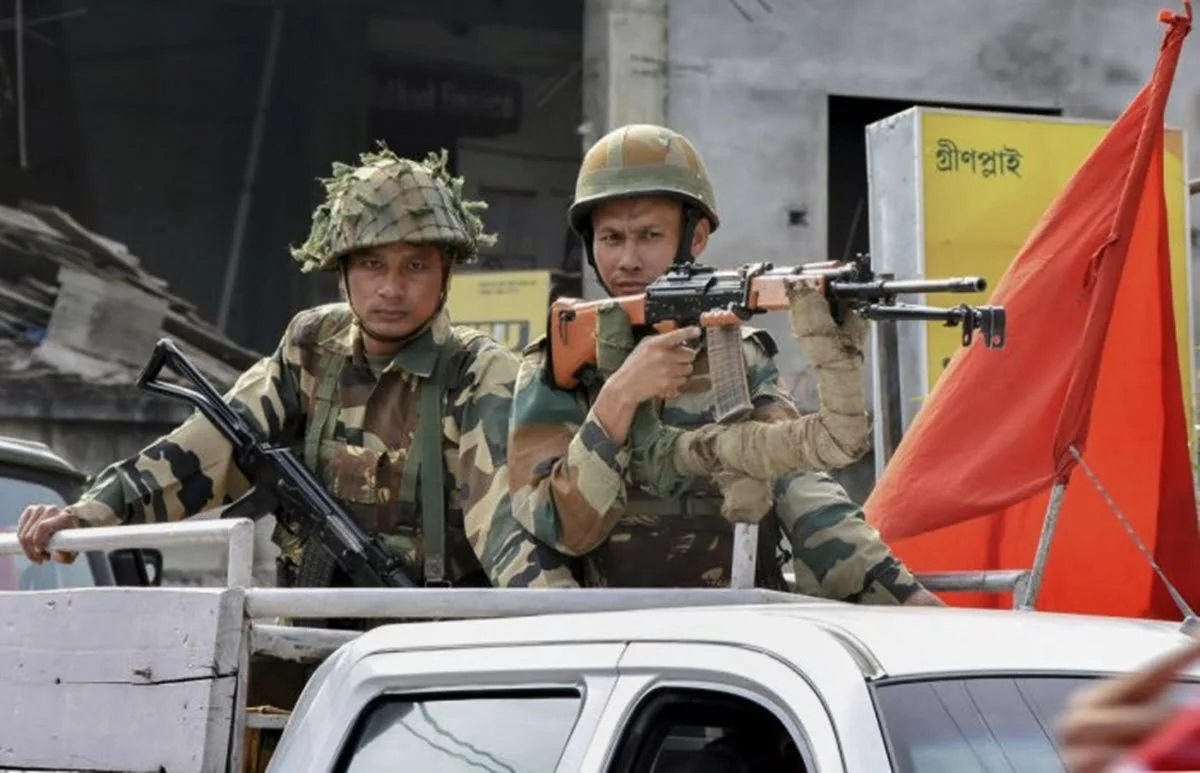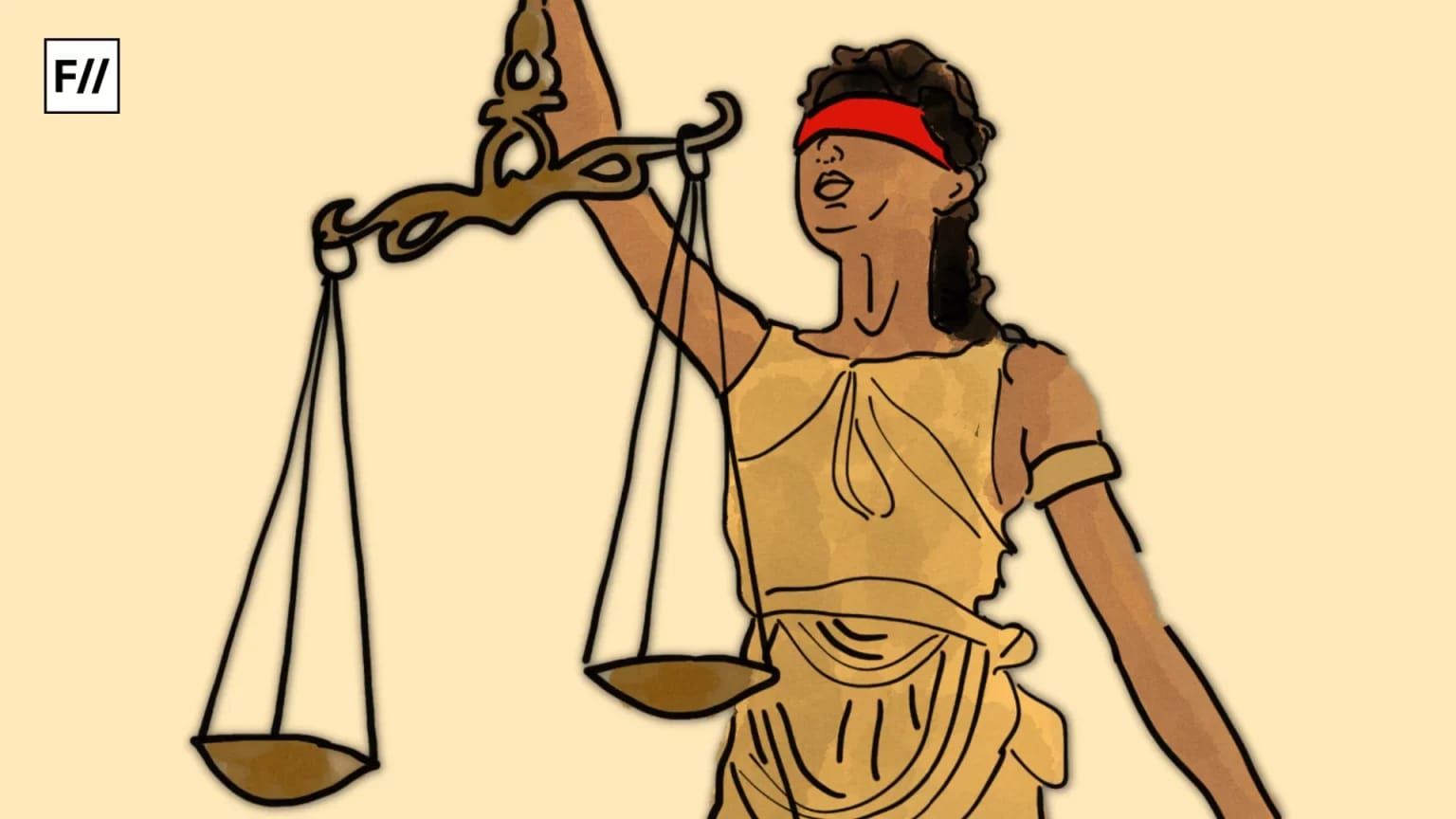Trigger Warning: Sexual Assault, Custodial Rape and Torture
While North-Indian, upper-class and upper-caste activists get a lot of attention when arrested, Soni Sori’s story is a testament to how Adivasi, Dalit and Muslim people get arrested every other day but we have to wait for extreme brutalisation for it to get some attention.
Soni Sori is an Adivasi school teacher turned political leader from Bastar, Chhattisgarh, India. Soni Sori’s home has been a conflict-ridden state for more than two decades now. Like the Middle East has been ravaged by the Gulf Wars and foreign invasion because of oil, the extremely resource rich states of Odisha, Jharkhand and Chhattisgarh have remained the poorest and in unrest because of the same. First the tribals were pressured, threatened and tortured to join a war against the Indian government by those calling themselves Maoists. Since State action began, the tribals are also being targeted by police authorities and reports of brutal action and atrocities have dotted the news media for years now.
It is clear from findings and reality that the Indian Police believes Adivasis, Dalits, and Muslims are more likely to be criminals. The easiest parallel is of American cops racial profiling, but the outrage of Indians here and in the diaspora against American racist police brutality doesn’t find a parallel in the treatment of their own minorities. Upper-caste Indians are able to understand and stand up to oppression when they have a racial disadvantage, but turn a blind eye to how they themselves enjoy privileges because of their caste and religion and continue to further oppression at home. Their silence, wilful ignorance and support of genocidal regimes will not be forgotten.
Soni Sori is a living example of a Tribal targeted by the police for no other reason than suspicion and conjecture. Sori was a teacher at a government-run school which housed many orphans whose parents had been killed by the Salwa Judum initiative (UPA government’s brainchild that allowed the formation of a tribal vigilante group to hunt down tribals who supported Maoists). She was arrested by the Delhi Police’s Crime Branch for Chhattisgarh Police in 2011 on charges of acting as a conduit for Maoists. By April 2013, the Indian Courts had acquitted her in six of the eight cases filed against her due to lack of evidence.
During her imprisonment, she was tortured and sexually assaulted by Chhattisgarh State Police. She was stripped naked and tortured with electric shocks at the orders of then District Police Superintendent Ankit Garg. She wrote to her lawyer that she had been forced to stand naked while “(Superintendent of Police) Ankit Garg was watching me, sitting on his chair… While looking at my body, he abused me in filthy language and humiliated me.” She alleged that he then sent three men into the room to sexually assault her. Sori was subsequently hospitalized where doctors removed stones that had been inserted into her vagina and rectum.
Soni Sori is a living example of a Tribal targeted by the police for no other reason than suspicion and conjecture. Sori was a teacher at a government-run school which housed many orphans whose parents had been killed by the Salwa Judum initiative (UPA government’s brainchild that allowed the formation of a tribal vigilante group to hunt down tribals who supported Maoists). She was arrested by the Delhi Police’s Crime Branch for Chhattisgarh Police in 2011 on charges of acting as a conduit for Maoists.
“I was often made to sit naked in my cell. And then one day stones were inserted in my private parts. I thought this was the end.”
After release from prison, Sori began campaigning for the rights of those caught up in the conflict between Maoist insurgents and the government, in particular criticising police violence against Tribal people in the region. In 2016, she was attacked with a chemical substance by unidentified people in Dantewada district. At the time of the chemical attack, she had been helping Tribal women register official complaints of sexual assault against the security forces.
“Village women are scared and ashamed, they hesitate in reporting rape. I tell them if I can then so can they – I cannot be cowed, it is my duty to remain brave.”
In 2018, Sori won the Front Line Defenders award. Activists in Bastar say there is a “black hole” of information, making voices like Soni Sori’s more important than ever.
“I am fearless, the more I am tortured, the stronger I become. If they are successful in silencing me, they would show me as an example to silence everyone else.”
What we see today with Safoora Zargar with the current government is a long-standing tradition by governments across parties over the years as a modus operandi particularly against women from minority communities. The Police and the Army through AFSPA in Kashmir, Assam, Manipur, Nagaland has enjoyed impunity through state-sanctioned violence. The patriarchal forces demand silence from women, and call for brutalisation if the line drawn by them is flouted. Soni Sori says notions of shame and honour stopped her from telling her husband about her ordeal at the time.
That is precisely why Gender-Based Violence (GBV) is weaponised by the State and Non-State actors against political women. What we see today with Safoora Zargar with the current government is a long-standing tradition by governments across parties over the years as a modus operandi particularly against women from minority communities. The Police and the Army through AFSPA in Kashmir, Assam, Manipur, Nagaland has enjoyed impunity through state-sanctioned violence. The patriarchal forces demand silence from women, and call for brutalisation if the line drawn by them is flouted.
Soni Sori says notions of shame and honour stopped her from telling her husband about her ordeal at the time. When she went on hunger strike with other female inmates, demanding that they shouldn’t be stripped in prison, and should receive newspapers, a decent meal and water, her husband did not appreciate the activism. Her husband also was arrested along with her and had died as a result of police brutality.
“When he got to know about the sexual torture from other inmates and newspapers, he was furious and said I had brought him shame for life.”
Also read: The Faces Of India’s Adivasi And Tribal Activism You Should Know
Dalit, Adivasi, and Muslim women face oppression thrice – at the hands of the State, from the Upper-castes and often from people of their community. When they are subject to sexual crimes, the men instead of supporting the women of the same caste and religion positionality, continue the punishment for breaking the silence. Political women, especially from marginalised communities are hence a double threat, posing a challenge to both the State-sanctioned crimes and the patriarchal codes of their own religion and caste.
All this is orchestrated to keep women out of politics. Over the decades India has had some of the least number of women in Parliament in the world. The few female leaders who gained prominence like Jayalalitha or Mayavati have followed the same masculine brand of politics as their male mentors. Even they have desexualized nicknames like Amma (mother), Didi and Behenji (elder sister), always positing them in relation to a man. All of them including Mamata Banerjee did not marry or have kids while their male peers could have full personal lives and still have political power.
Also read: Soni Sori Wins The 2018 Front Line Defenders Award
The message is clear – Be like a man and abide by patriarchal rules to get a seat at the table. Anything that reminds people of womanhood like pregnancy will not be acceptable. This shows that there is no scope for an empathetic and nurturing style of politics in India. Any attempt to break the patriarchal and casteist pattern is met with violence on the women. The recent slew of arrests of women and Muslim student activists has only bolstered this. This will deter even the most privileged women, the generation of college educated women, from participating in politics and breaking the cycle.
Anubhuti Rabha is a bisexual tribal from Assam, who has depression because of the nexus of capitalism and brahminical patriarchy. Sometimes dancer, sometimes activist, full-time searching for new experiences and difficult to identify because of constantly changing hair colour. You can find her on Instagram.




